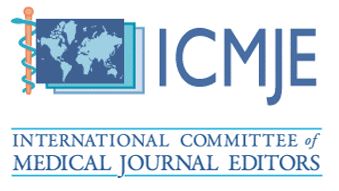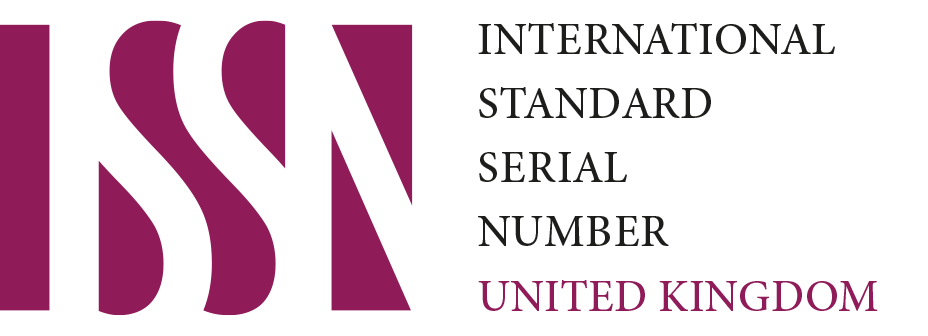Guidelines and Responsibilities for Reviewers
As a reviewer for a journal, your role is vital in ensuring the quality and integrity of the scholarly content. Here are some general guidelines and responsibilities typically associated with this position:
Reviewing Manuscripts: Reviewer members are responsible for critically evaluating submitted manuscripts within their area of expertise. This involves assessing the research methodology, validity of the findings, significance of the results, and overall clarity of the manuscript. Reviewers should provide constructive feedback to authors, addressing both strengths and weaknesses of the study.
Timeliness and Meeting Deadlines: Reviewers should adhere to the timeline provided by the editor or publisher. Promptness in accepting review invitations and submitting your review comments within the specified timeframe is crucial. If you are unable to meet the deadline, timely communication with the editor is essential.
Confidentiality and Objectivity: Reviewers must maintain the confidentiality of the manuscript and refrain from discussing its details with anyone outside the review process. It is important to review manuscripts objectively, without any personal or professional bias. If you have a conflict of interest with a manuscript, you should promptly inform the editor.
Quality and Constructive Feedback: Reviewers should provide detailed, clear, and constructive feedback to authors. This can include suggestions for improving the methodology, clarifying the results or discussion, or identifying gaps in the study. It is important to be respectful in your comments and offer guidance that can help authors enhance their work.
Adherence to Ethical Standards: Reviewers should uphold ethical standards in the review process. This includes avoiding plagiarism, maintaining confidentiality, and highlighting any ethical concerns that may arise from the research or manuscript.
Communication with the Editor: Reviewers should maintain open and effective communication with the editor. If you have any questions or need clarification on the review process or manuscript, you should promptly contact the editor for guidance.
Continuous Professional Development: As a reviewer, it is important to stay updated on the latest research trends and methodologies within your field. Continuous learning and professional development will enhance your ability to provide insightful and relevant feedback.
Your expertise and commitment as a reviewer member contribute to the rigor and credibility of the scholarly publishing process, supporting the advancement of knowledge in your field.











